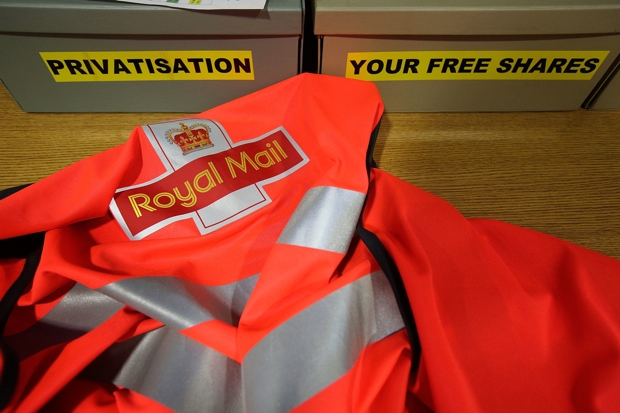Lately there’s been a lot of talk about the ‘P’ word: privatisation. Ed Miliband’s team hasn’t done the hard policy work to revitalise Labour as a party of government, and it is beginning to show. His platform for next May has a lot of sticky plaster policies, but very little that addresses structural problems like the housing market and transport costs, to name two issues close to my heart. Instead, catnip like ‘no privatisation of our NHS’ and ‘reversing the privatisation of the railways’ is being wheeled out to fill the Left’s policy void.
This conveniently ignores the Blair and Brown government’s enthusiasm for market – rather than state – solutions. Some people know about Hinchingbrooke, the NHS hospital so ineptly run by the state that Andy Burnham ‘privatised’ it when he was Secretary of State. Fewer know that Circle – the private sector company that took control of Hinchingbrooke along with a 50 per cent staff mutual – has done a decent job of turning around something that was – if you’ll excuse the pun – a real hospital pass.
Just why is privatisation seen as so politically toxic, when much of what we love in Britain has been shaped by private enterprise? Take tertiary education, where students attend the privately run institution of their choice. Our universities have always been ‘privatised’, with the model of academics and faculties competing for research funding well established. Yet the idea of such a system for our primary and secondary schools would currently be politically unacceptable, even though universities like Cambridge and UCL are world beaters – just look at the latest QS rankings, where four out of the world’s top six institutions are British.
And that’s the whole point of privatisation: creating a market where competition drives improvements in quality and efficiencies in price. Try telling that to the British public, who overwhelmingly want to see the railways renationalised – including a majority of Conservative voters. People dislike their trains being run by foreign state operators, but isn’t the point of the railways to move people around, rather than be some sort of national bauble?
And competition has been fantastic for train passengers in the post-British Rail era, as I wrote last year. This is hardly surprising given that the great triumphs of Britain’s railways were the product of healthy rivalries between private companies – from the Rainhill Trials through to the speed wars in the 1930s that resulted in Mallard, the world’s fastest locomotive. Our railway infrastructure was delivered by companies not wanting to miss out on market share, but today the government is desperately playing catchup after decades of neglect under state ownership – and building HS2 at a pace that would have appalled our Victorian ancestors.
The 2015 General Election campaign is already well underway, and perhaps you’ll hear someone talking about the evils of privatisation in a queue at the Post Office, only to realise that you’ve never had to endure a 40 minute wait at Sainsbury’s or Tesco. That’s because the supermarkets are in competition, and if they made their customers wait that long they know they’d be out of business. They’re also fairly good at keeping down costs for their users – something that we desperately need in our NHS if the principle of free healthcare for all is to survive the challenges of an ageing population and increasing treatment costs. So that’s the sort of privatisation we should be talking about: driving up quality of service, bringing down costs – and no lengthy waits before the automated voice directs you to ‘Till Number Three’.
Matthew Plummer tweets @mwyp






Comments